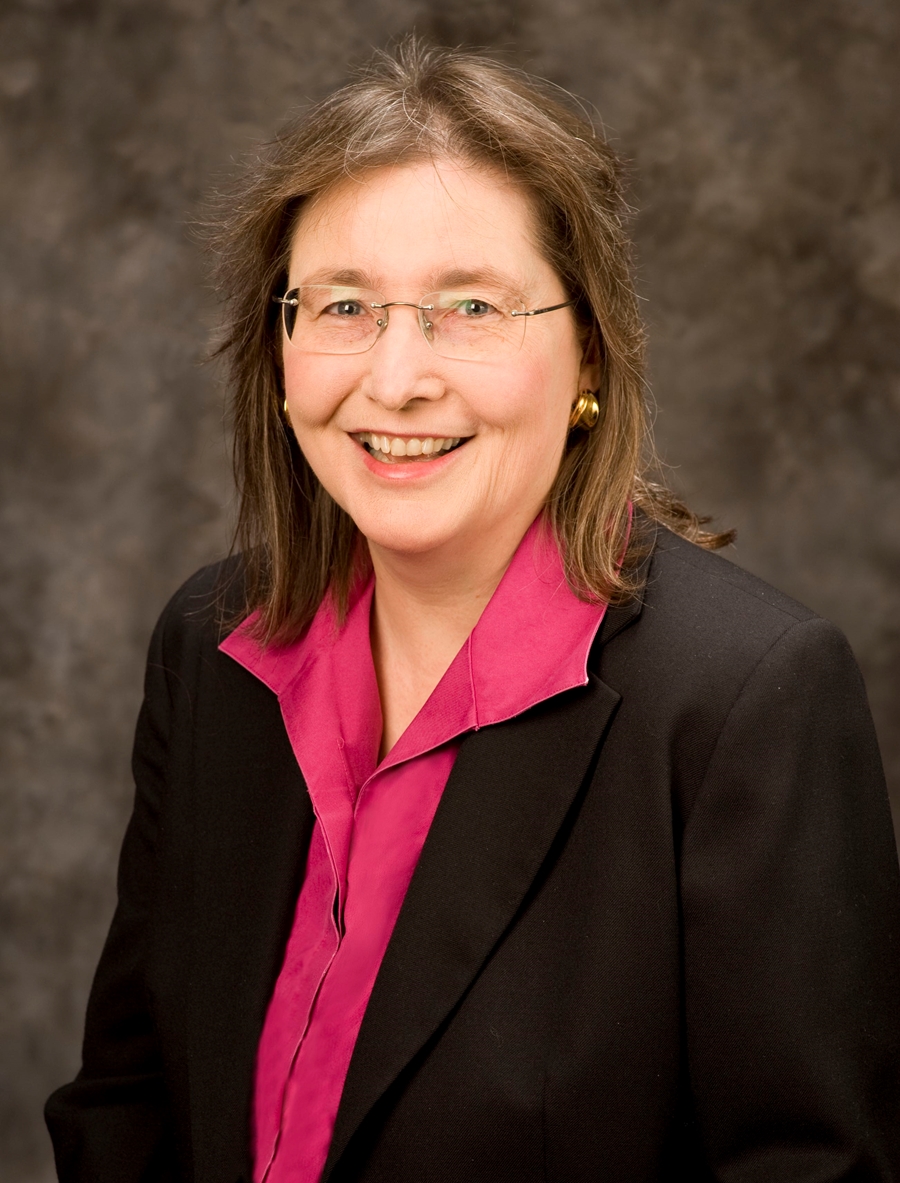FAYETTEVILLE, Ark. – Deborah Jones Merritt, the John Deaver Drinko-Baker and Hostetler Chair in Law at Ohio State University, will present "Cognition and Justice: New Ways to Think Like a Lawyer" at 4 p.m. Thursday, Nov. 12, in the E.J. Ball Courtroom in Waterman Hall as part of the Hartman Hotz Lectures in Law and Liberal Arts.
Merritt will highlight recent cognitive science literature and discuss the ways in which lawyers approach client problems and how they might improve those cognitive processes. She will also consider the question of how an individual's thinking style affects the kind of justice he or she pursues.
Before going into academia, Merritt clerked for Judge (now Justice) Ruth Bader Ginsburg on the Court of Appeals for the District of Columbia Circuit and for Justice Sandra Day O'Connor on the Supreme Court of the United States. Merritt has argued before the United States Supreme Court and has co-taught courses in Europe with both Ginsburg and O'Connor.
Merritt regularly makes presentations to judges, legislators and other policymakers. She has published widely on issues of health and technology, law and social science, equality, affirmative action, federalism, legal education and tort reform. Much of her work has focused on public policy issues.
In addition to her role as a law professor, she is also a courtesy professor of sociology, courtesy professor of public policy and management and associate faculty member in women's studies
Merritt holds a Bachelor of Arts, summa cum laude, in history from Harvard University and a Juris Doctor from Columbia Law School. While at Columbia, she was managing editor of the Columbia Law Review and won the Robert Noxon Toppan Prize.
All lectures in the Hotz series are free and open to the public. They a sponsored by the University of Arkansas School of Law, the J. William Fulbright College of Arts and Sciences and the Hartman Hotz Trust Committee. Dr. and Mrs. Palmer Hotz of Foster City, California, established the University of Arkansas Hartman Hotz Lectures in Law and the Liberal Arts to honor the memory of his brother, Hartman Hotz.
Hartman Hotz was a graduate in history from Fulbright College. After graduating from Yale University Law School, he joined the faculty of the University of Arkansas School of Law, where he made significant contributions to the study of law.
This program has been approved by the Arkansas Supreme Court Continuing Legal Education Board for 1 CLE credit hour.
About University of Arkansas School of Law: The University of Arkansas School of Law prepares students for success through a challenging curriculum taught by nationally recognized faculty, unique service opportunities and a close-knit community that puts students first. With alumni in all 50 states, the District of Columbia, two territories and 20 countries, it has been ranked among the top 10 "Values in Legal Education" by the National Jurist magazine for three consecutive years and is among the top 41 public law schools, according to U.S. News and World Report.
About the J. William Fulbright College of Arts and Sciences: The J. William Fulbright College of Arts and Sciences is the largest and most academically diverse unit on campus with 19 departments and 43 academic programs and research centers. The college provides the core curriculum for all University of Arkansas students and is named for J. William Fulbright, former university president and longtime U.S. senator.
About the University of Arkansas: The University of Arkansas provides an internationally competitive education for undergraduate and graduate students in more than 200 academic programs. The university contributes new knowledge, economic development, basic and applied research, and creative activity while also providing service to academic and professional disciplines. The Carnegie Foundation classifies the University of Arkansas among only 2 percent of universities in America that have the highest level of research activity. U.S. News & World Report ranks the University of Arkansas among its top American public research universities. Founded in 1871, the University of Arkansas comprises 10 colleges and schools and maintains a low student-to-faculty ratio that promotes personal attention and close mentoring.
Topics
Contacts
Darinda Sharp, director of communications
School of Law
479-575-7417, dsharp@uark.edu
